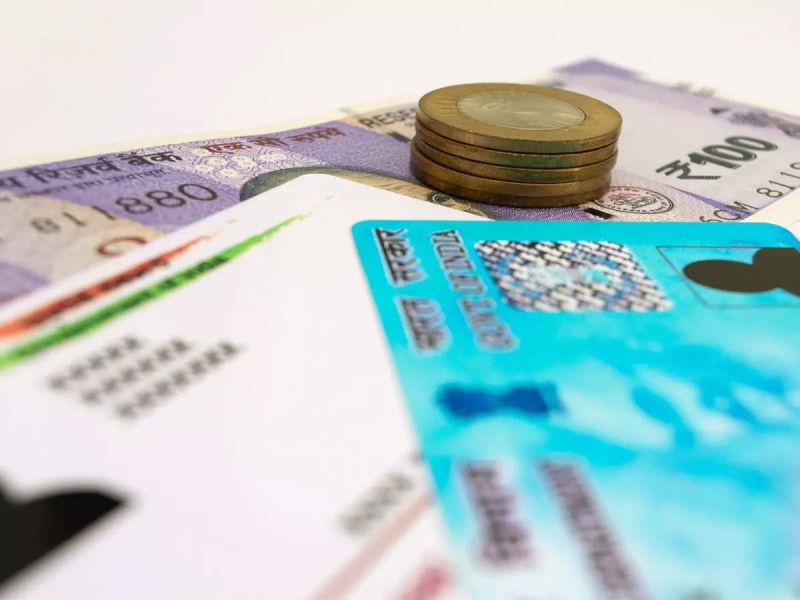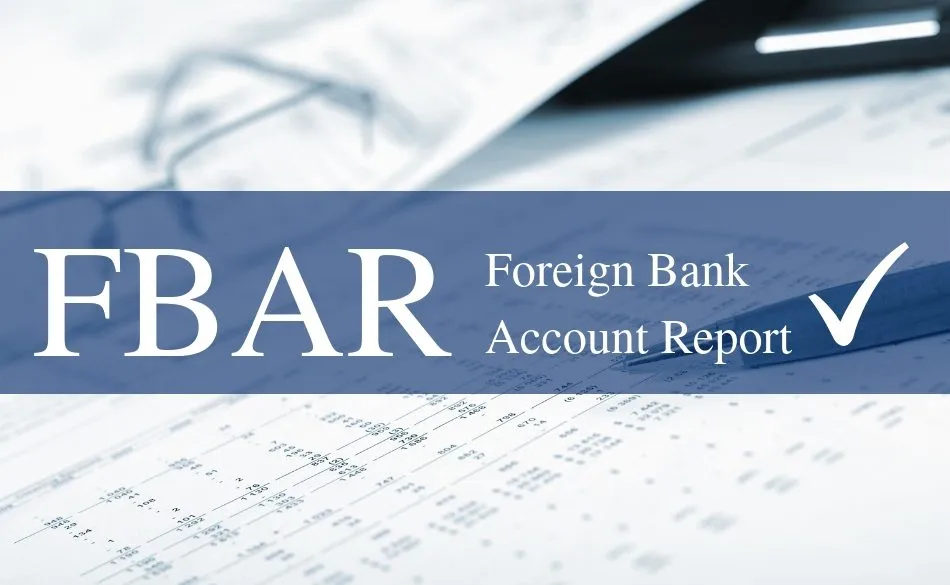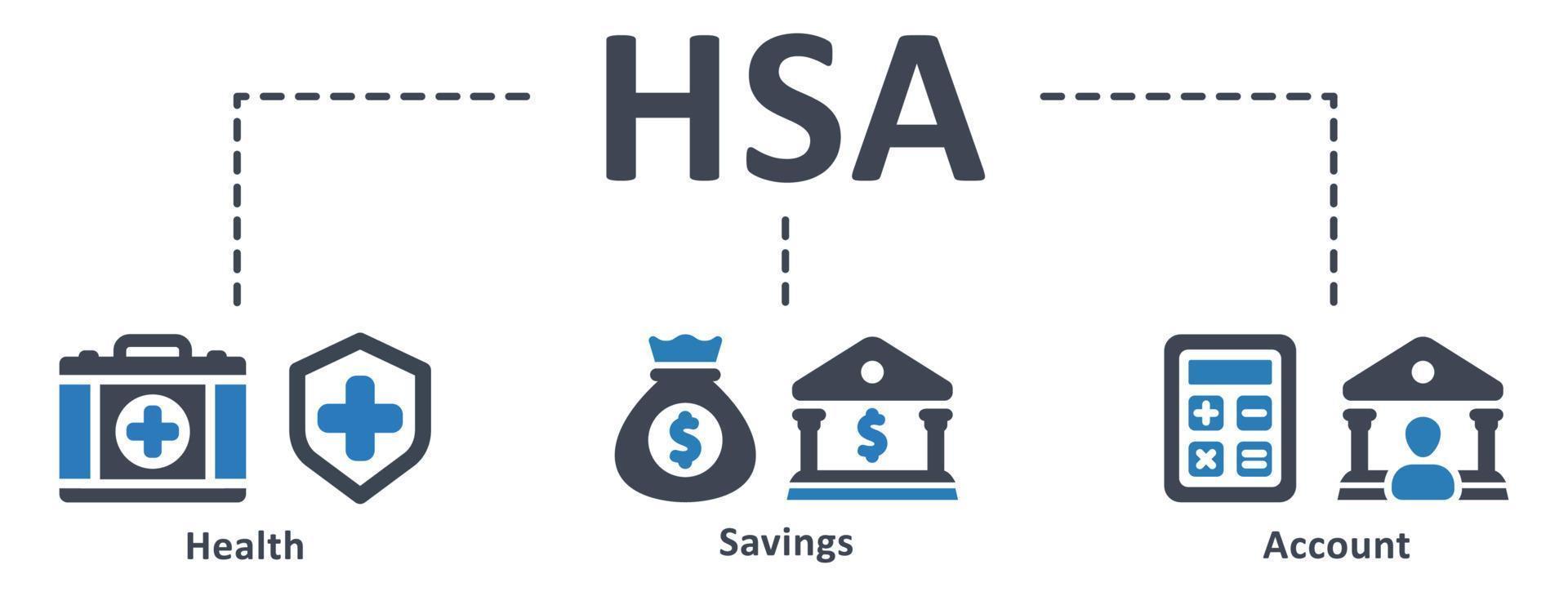 WhatsApp
WhatsApp
 Call Us
Call Us
 Email Us
Email Us
 Whatsapp Community
Whatsapp Community

While the Income-tax Act of 1961 exempts Non-Resident Indians (NRIs) from linking their PAN (Permanent Account Number) with Aadhaar, a prevalent issue faced by many NRIs and OCIs (Overseas Citizens of India) during the income tax return (ITR) filing season is the status of their PAN cards, which are erroneously labeled as 'Inoperative.'
It's essential to clarify that the PAN cards of NRIs and OCIs are not rendered 'Inoperative' if they meet any of the following criteria:
For NRIs with 'Inoperative' PANs, a crucial step is to notify their residential status to their respective JAO. This should be accompanied by the submission of supporting documents, along with a request for updating the residential status in the PAN database.
It's important to note that 'Inoperative' PAN does not equate to an 'Inactive' PAN card. However, failing to address the 'Inoperative' status can have several adverse consequences:
a. Delayed refunds, including interest on such refunds. b. Higher Tax Deducted at Source (TDS) rates. c. Requirement for collecting Tax Collected at Source (TCS) at a higher rate. d. Inability to process Mutual Fund Systematic Investment Plans (SIPs). e. Rejection of Mutual Fund redemption requests. f. Inability to purchase shares or bonds in India. g. Non-processing of life insurance premium payments.
Given these implications, it is strongly advised that NRIs and OCIs take prompt action to resolve the 'Inoperative' status of their PAN cards to ensure a seamless financial experience







Stay in the loop, subscribe to our newsletter and unlock a world of exclusive updates, insights, and offers delivered straight to your inbox.